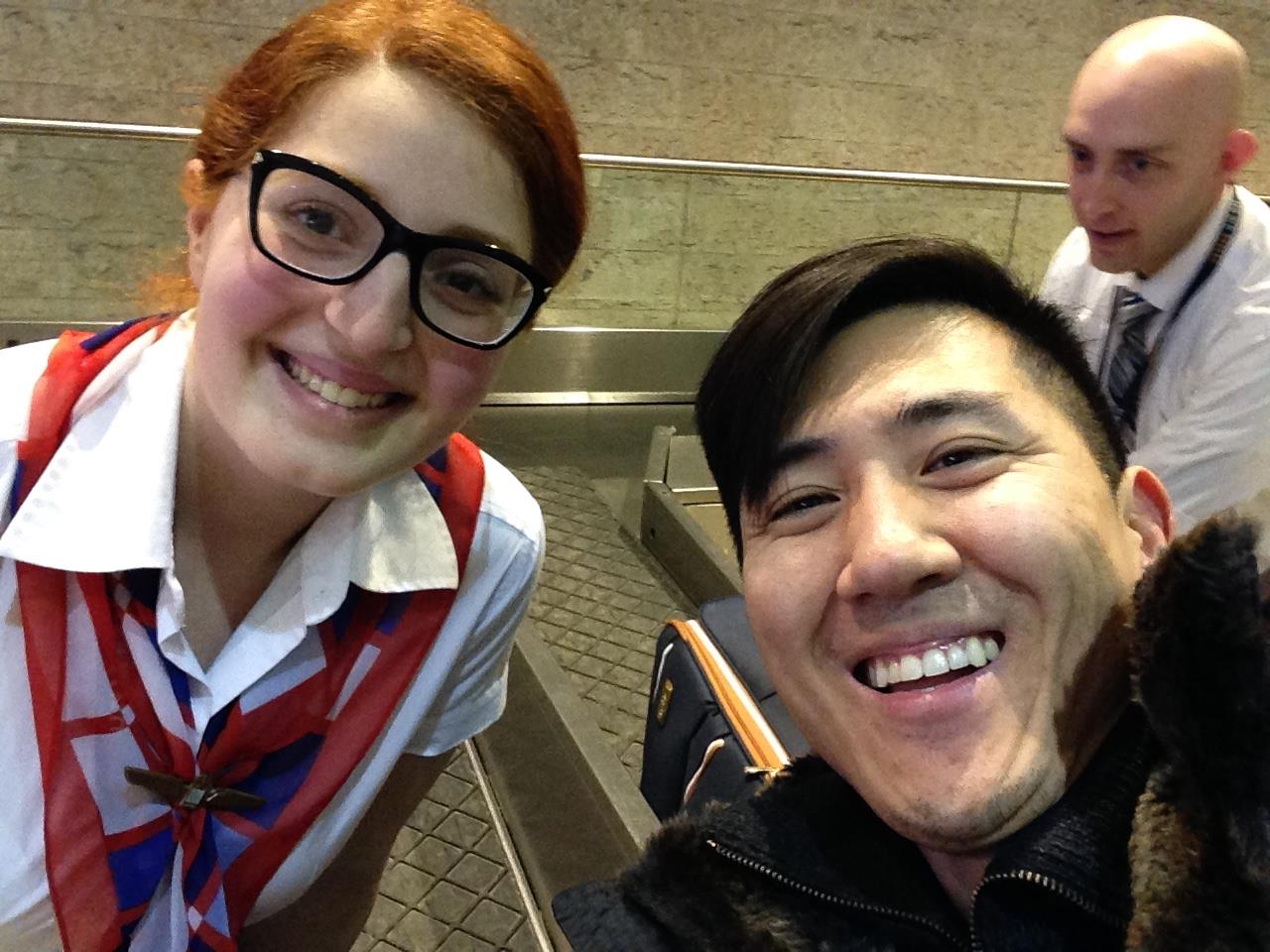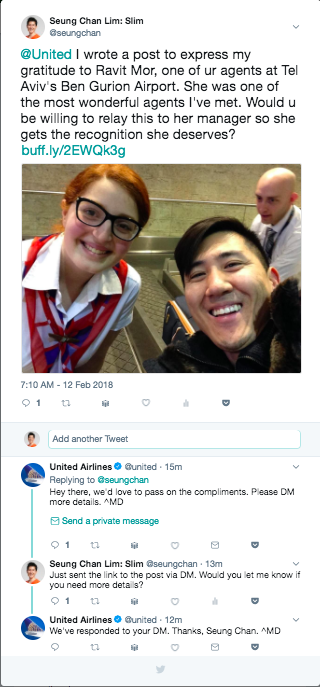Innovation does not solve problems.
It only has the potential to do so.
Say I produced an innovative vacuum cleaner,
If the problem is a dirty house,
unless someone uses the innovation repeatedly,
problem persists.
Innovation creates unexpected choices we didn’t perceive to have,
Problem solving uses existing choices to achieve an expected result.
Problem solving gets stuck
when we lack the requisite variety of choices
to achieve our expected result.
Thus,
when we’re stuck,
we need to temporarily put aside problem solving
in favor of innovation
to first increase the variety of our choices.
Sometimes innovation even helps us realize
that what we considered a problem is not,
and the problem vanishes

